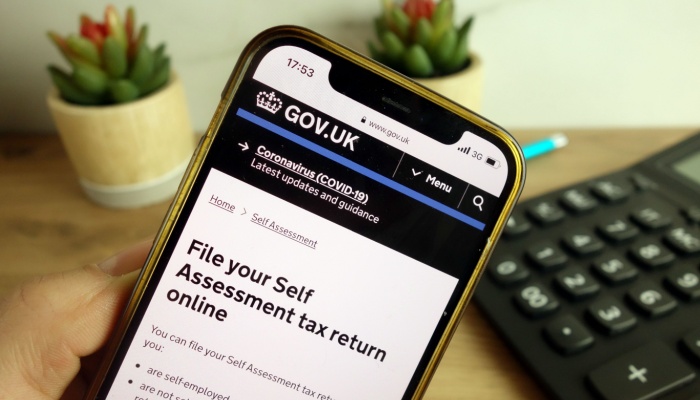If you miss the deadline for submitting a self-assessment tax return or for paying outstanding tax, HMRC can charge ongoing interest and financial penalties.
About 1.1 million people failed to submit their 2022–2023 self-assessment returns on time before the deadline of 31st January 2024, and now face daily penalty charges.
From 1st May, HMRC has been applying a £10
daily penalty for late submissions. This can run for up to 90 days, potentially reaching the maximum late fine of £900.
This penalty applies for late tax return submissions even if no tax is owed. For those with outstanding tax payments, HMRC can also charge up to 7.75% late payment interest, on top of a penalty of up to 5%
of the outstanding balance.
The longer it takes to file your self-assessment tax return and pay any tax you owe, the more you’ll end up paying – so what should you do if you receive a penalty notice?
What to do about late self-assessment penalties
While it won’t absolve you of any penalties and interest applied up to the submission date, it’s crucial to submit your online self-assessment tax return as soon as possible to avoid the accumulation of further financial penalties.
Even if there’s some information missing, you can still submit a provisional 2022–2023 tax return with estimated numbers. You should note which numbers are provisional, why accurate figures aren’t yet available, and when you will provide them.
If HMRC has asked you to submit a self-assessment tax return in error – for example, if you no longer earn income from self-employment or renting out property – then you should contact them and request the cancellation of penalties.
HMRC can cancel self-assessment tax returns requested in error and penalties already charged up to 2 years after the deadline, so you would have until 5th April 2025 – but it’s best to contact them sooner rather than later.
If you do owe a self-assessment tax return but there is a valid reason why you missed the submission deadline, you may be able to appeal against penalties by submitting a form with supporting information within 30 days of receiving a penalty notice.
Reasonable excuses for late tax returns
To appeal against the daily penalty, you must provide a credible or ‘reasonable’ excuse to HMRC, which covers at least the period of time from the original filing date to the penalty issue date (31st January to 1st May).
HMRC is likely to consider circumstances such as bereavement or prolonged illness to be reasonable excuses for missing tax return
deadlines, but as they examine appeals on a case-by-case basis, not every excuse will be considered reasonable.
For example, HMRC is unlikely to excuse late submissions or late payments due to work pressure, missing information, or being unaware of the deadline or tax rules.
If you successfully appeal against a self-assessment penalty, HMRC may either amend the penalty or cancel it altogether and will notify you of this decision.
The best way to avoid getting into this situation in the first place is to make sure you keep accurate financial records and submit tax returns and payments on time.
Whether you need help with bookkeeping and filing returns or liaising with HMRC about penalties, our team of accountants in Barnsley can help. Get in touch by calling gbac on 01226 298 298 or emailing info@gbac.co.uk to discuss our services.
